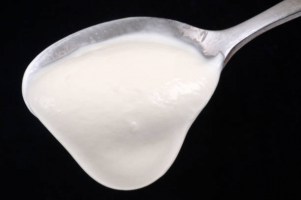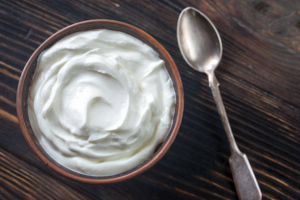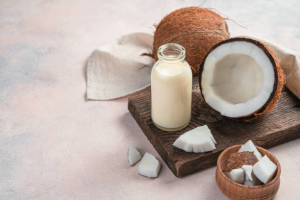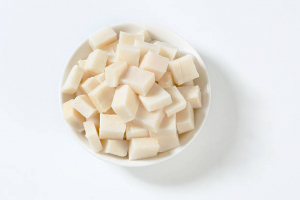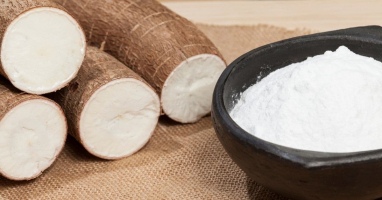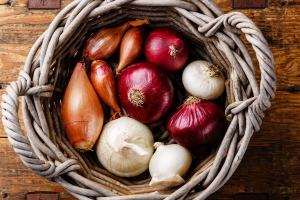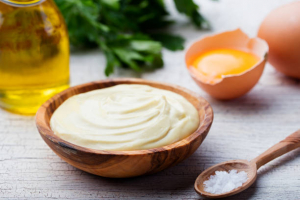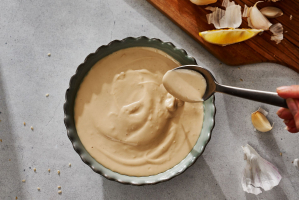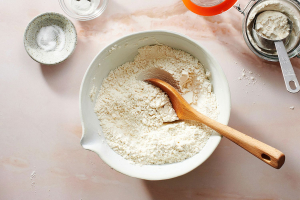Top 7 Best Substitutes for Cumin
Cumin is a common ingredient in many different cuisines and meals, including Indian curries, chili, and black bean soup. It has a nutty, lemony flavor. Typical ... read more...uses for cumin include sauces, curries, soups, stews, marinades, and meals with meat, rice, and vegetables. Fortunately, there are acceptable substitutes if you find yourself creating your favorite meal halfway through and realize you're out of this delicious spice. Here are the greatest cumin alternatives.
-
A plant belonging to the parsley, or Apiaceae, family is the source of cumin and coriander. Both are used to season food in Middle Eastern, Indian, and Latin American cuisines. Cilantro is the name for the young stems and leaves of coriander. Cooks can use the dried seeds whole or crushed into a powder.
Although coriander has a milder flavor than cumin, both ingredients impart a lemony, earthy flavor to food. Add half as much coriander to your meal as you would cumin to replace it. Use a little amount of cayenne or chili powder to increase the spiciness.
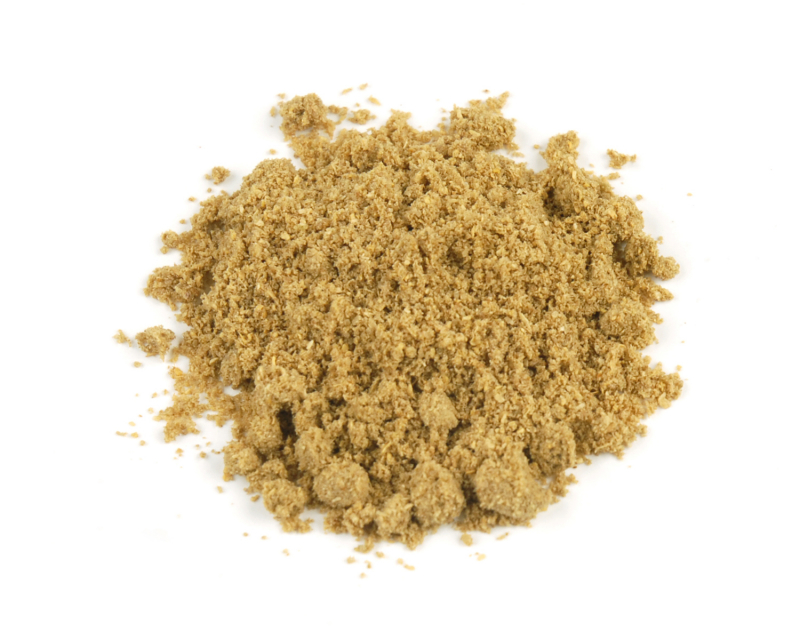
Ground coriander 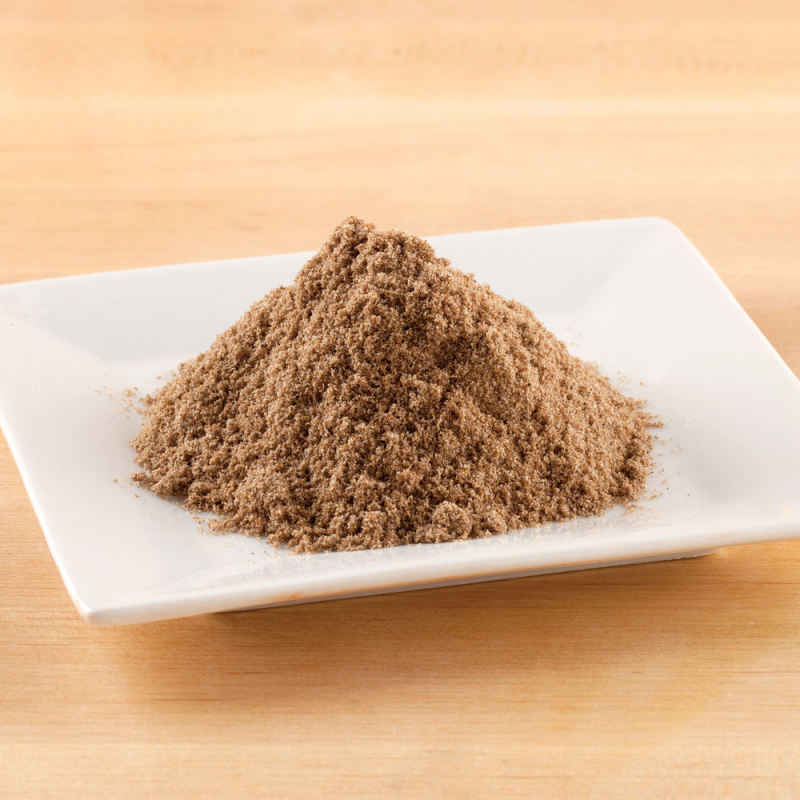
Ground coriander -
The rectangular form and mustardy-brown color of cumin and caraway seeds make them look similar when placed side by side. This makes sense botanically because they are related. Caraway is a member of the parsley family, along with coriander and cumin. German cooking frequently uses ground or seed caraway.
Caraway is a great alternative even if it is a little milder than cumin. A good general rule is to use ground caraway in lieu of ground cumin and caraway seeds in place of cumin seeds. Replace half of the cumin with the caraway, then gradually increase the quantity to taste.
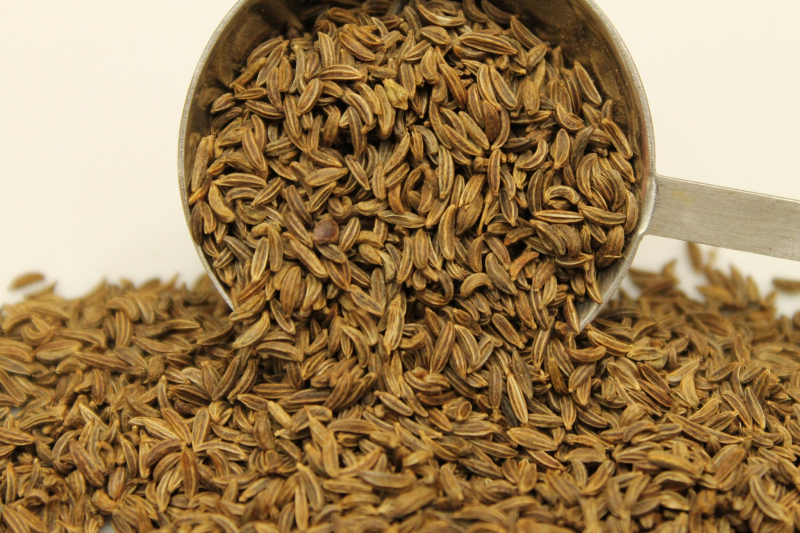
Caraway seeds 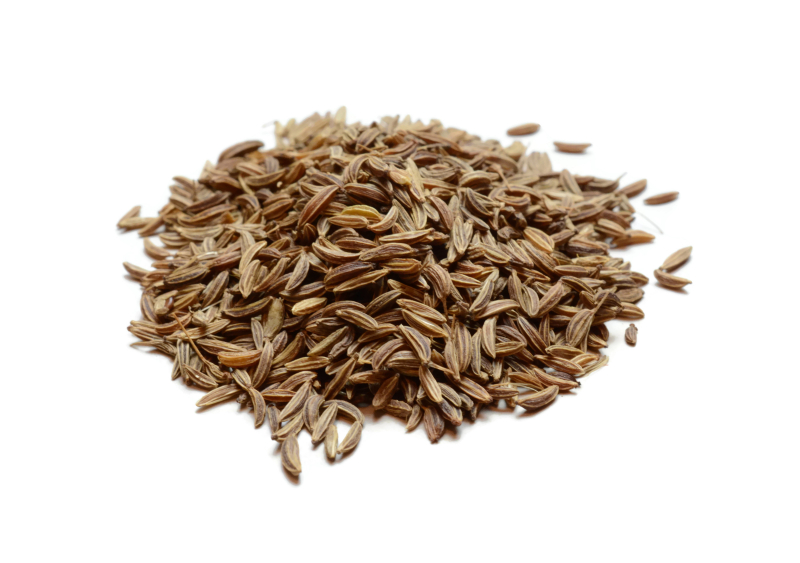
Caraway seeds -
Chili powder is an alternative that works well because cumin is one of the main components in certain varieties. In addition to paprika, garlic powder, oregano, crushed cayenne, and onion powder, the mixture may also contain chili powder, so keep that in mind.
This alternative works well when cooking a dish like pinto beans, but it might not go well with the tastes of some other cuisines, including Indian curries. Chili powder may also give your food a more scarlet tint due to the paprika and cayenne it contains. Use half the amount of cumin specified in the recipe, as you would with the other substitutions. Use 1/2 tbsp. (7 grams) of chili powder in place of 1 tbsp. (14 grams) of powdered cumin in the recipe.
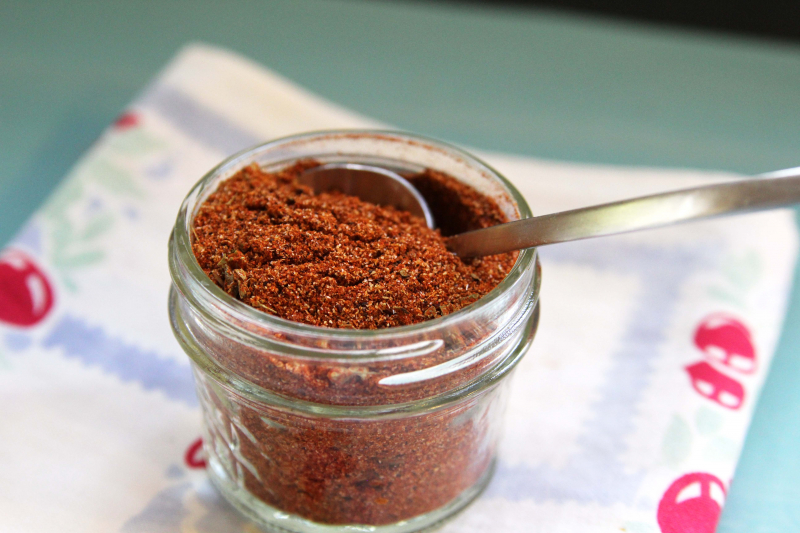
Chili powder 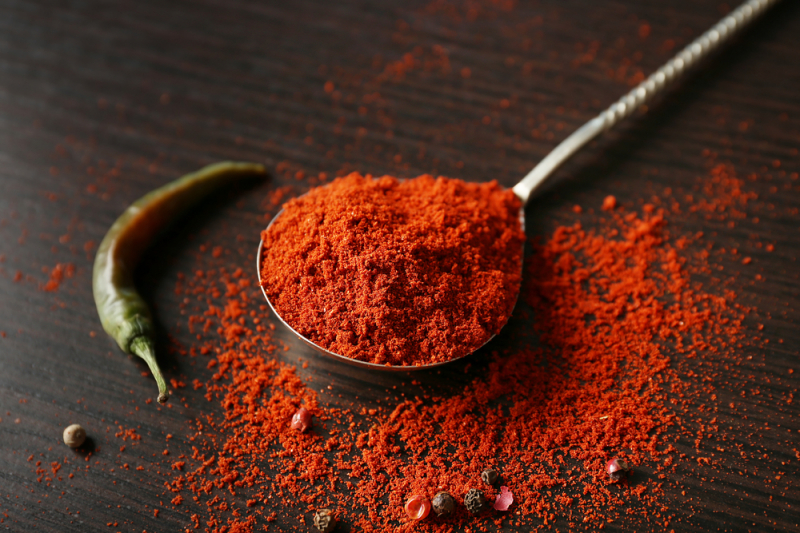
Chili powder -
This spice mixture contains cumin, oregano, garlic powder, onion powder, and all the other ingredients found in chili powder. In addition, salt, black pepper, and red pepper flakes are used in taco seasoning. You may anticipate that this replacement will add a more nuanced range of tastes than cumin does on its own, as well as a little more heat.
Additionally, remember that different taco seasoning mixes have different salt contents. Because of this, add taco seasoning to your dish before salt or other ingredients with high sodium content, such as Worcestershire and teriyaki sauces from the supermarket. By doing this, you can prevent oversalting your food. Then, tweak it to your liking.
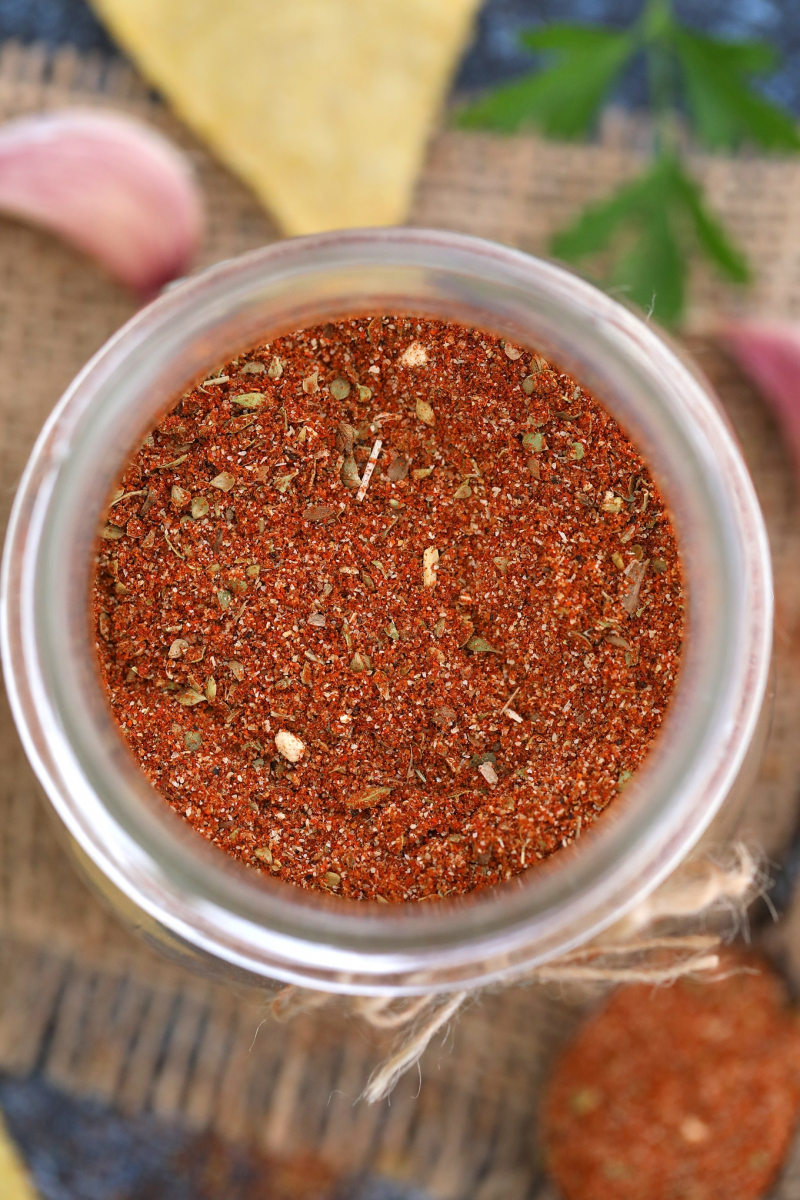
Taco seasoning 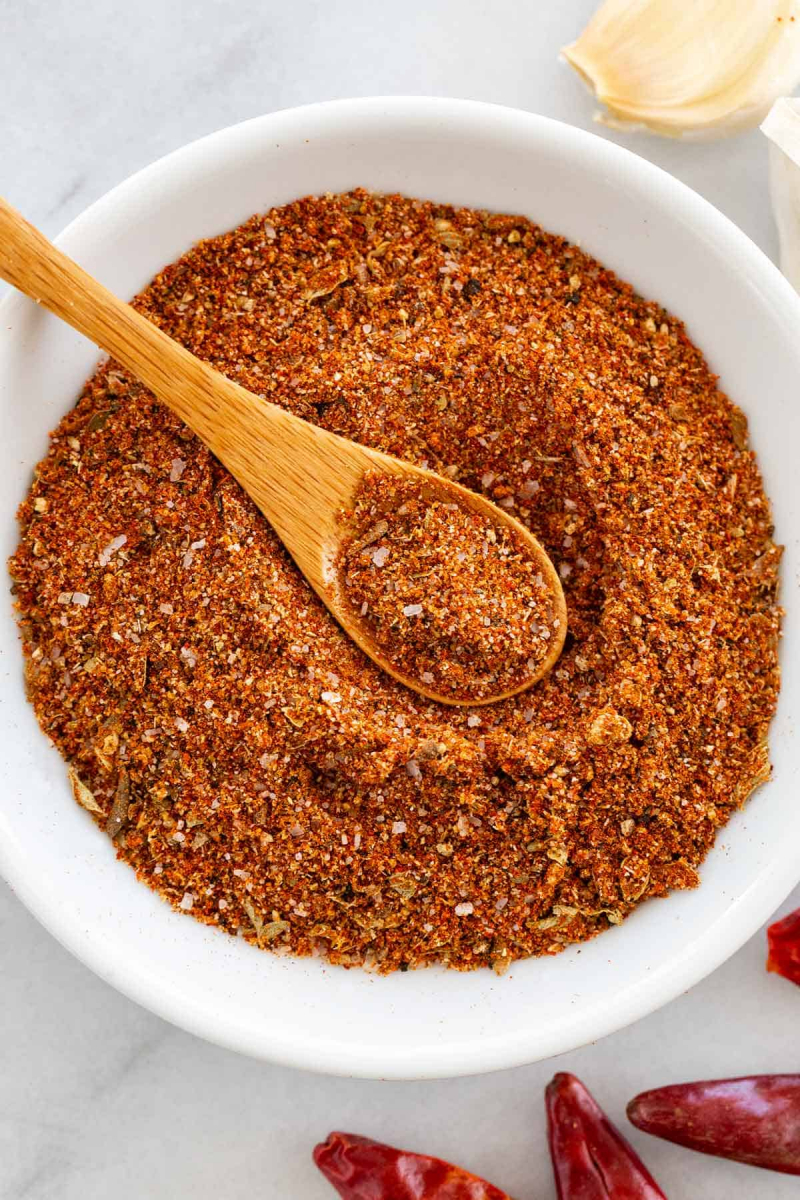
Taco seasoning -
Cumin is frequently found in curry powder mixes, making them a perfect alternative. Curry powder incorporates additional tastes, much like the other spice mixtures previously described. Composition varies across curry powders. They often contain around 20 ground herbs and spices, in addition to cumin, including ground ginger, cardamom, turmeric, coriander, fenugreek, black pepper, and cinnamon.
These spices come together to create a warm, fragrant combination with a rich golden hue. Curry works well as a replacement for various Malaysian and Indonesian dishes. Just be aware that turmeric will give your food a vibrant yellow hue.
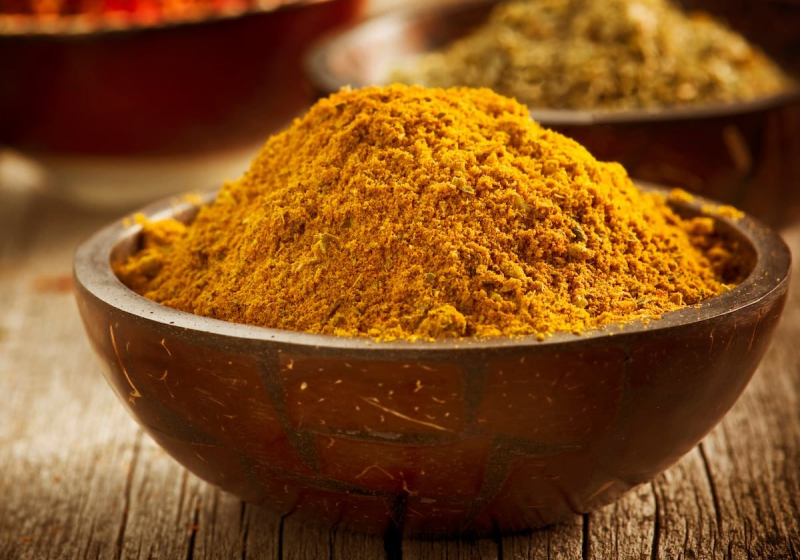
Curry powder 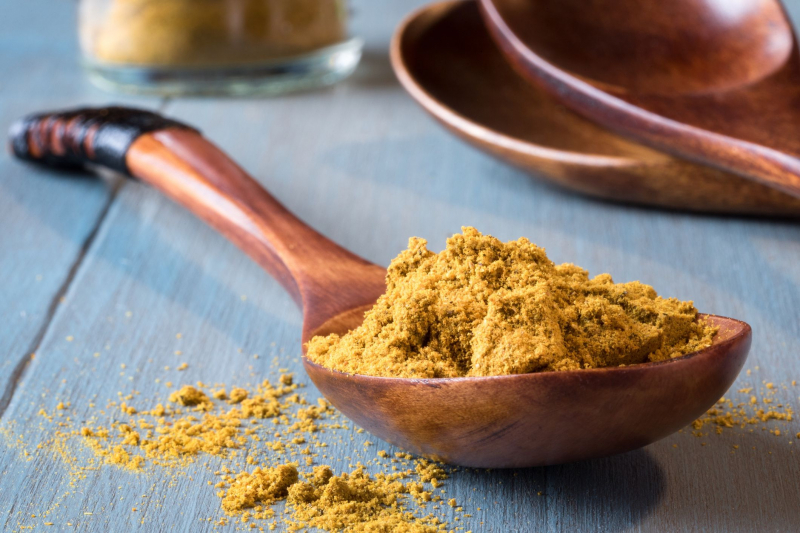
Curry powder -
Similar to curry powder, garam masala is a complex spice and herb mixture that is frequently used in South African, Mauritius, and Indian cuisines. Because it includes cumin, it serves as a suitable replacement. Garam masala provides food with a warm, zesty, and enticing scent when added toward the end of cooking. Garam masala may be substituted for many other spices by starting with half the amount of cumin specified in the recipe and adjusting to taste. For maximum flavor, use garam masala toward the end of cooking.
A common ingredient in Hungarian cuisine, paprika may have a variety of flavors, from mild to fiery and pungent. Paprika, which is famous for its vivid red color, will give your food a crimson hue. Start by substituting with half the amount of cumin specified in the recipe. Because a little goes a long way, taste as you go.
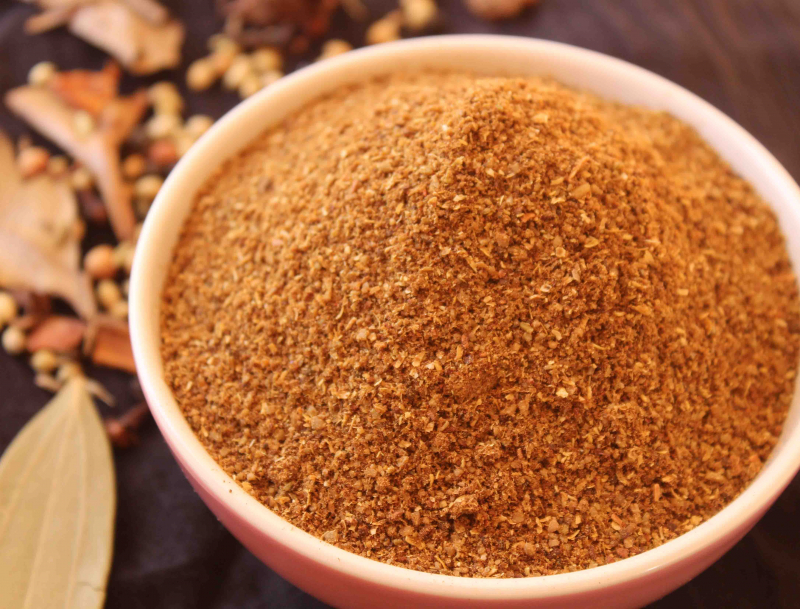
Garam masala 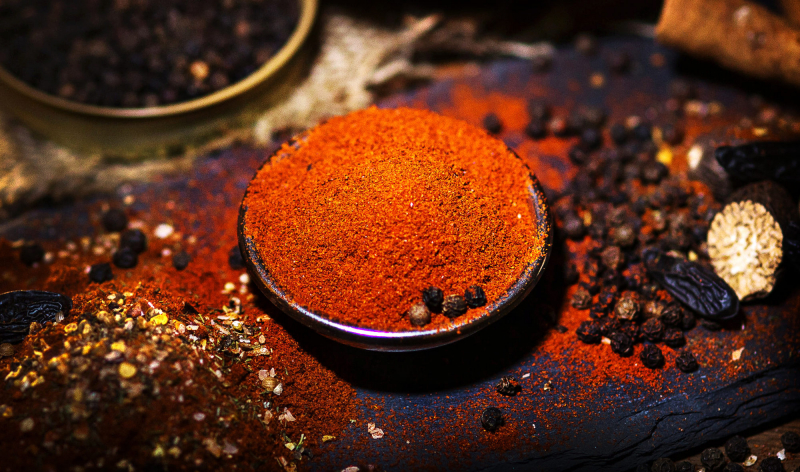
Paprika -
Fennel seeds, another member of the parsley family, are a tasty substitute for cumin. Fennel seeds, as opposed to cumin, have an anise-like, licorice taste. When you're in a bind, they won't taste out of place but won't have the same smokiness and earthiness as cumin. Use fennel seeds in place of cumin seeds and crushed fennel in place of cumin seeds. Remember that you can always crush fennel seeds in a food processor or coffee grinder for a little period of time.
Start out cautiously, using around half the quantity of cumin called for in the recipe, just like with the other spice substitutes. After that, add the spice a pinch at a time, tasting as you go. Consider using a sprinkle of coriander in your meal as well if you miss the smokey taste.
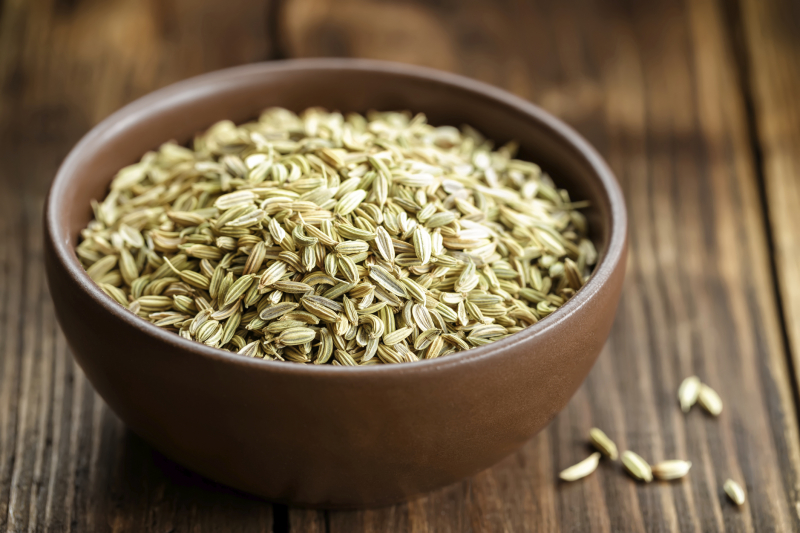
Fennel seeds 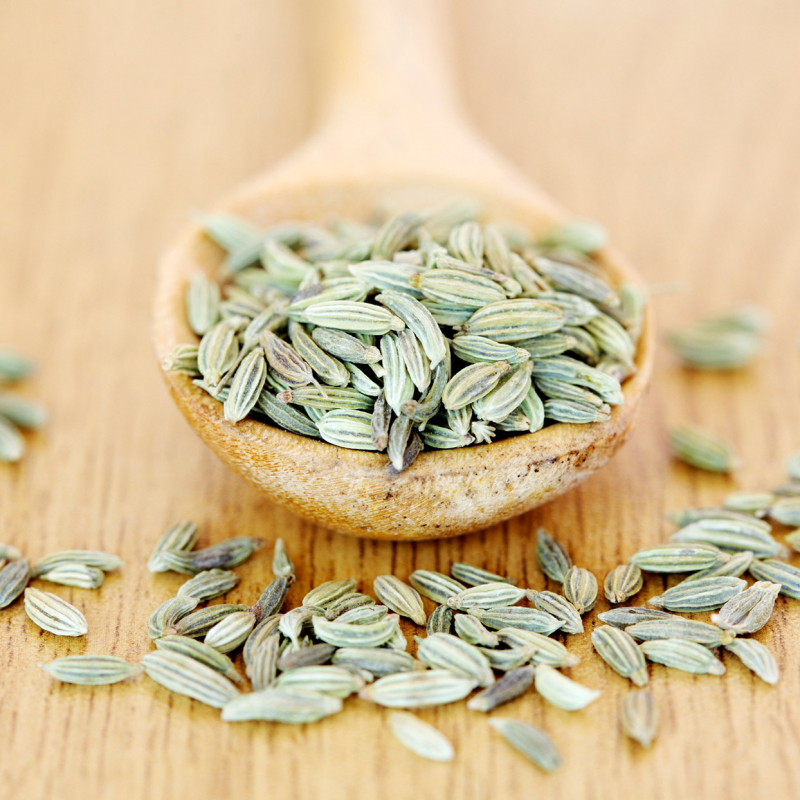
Fennel seeds









